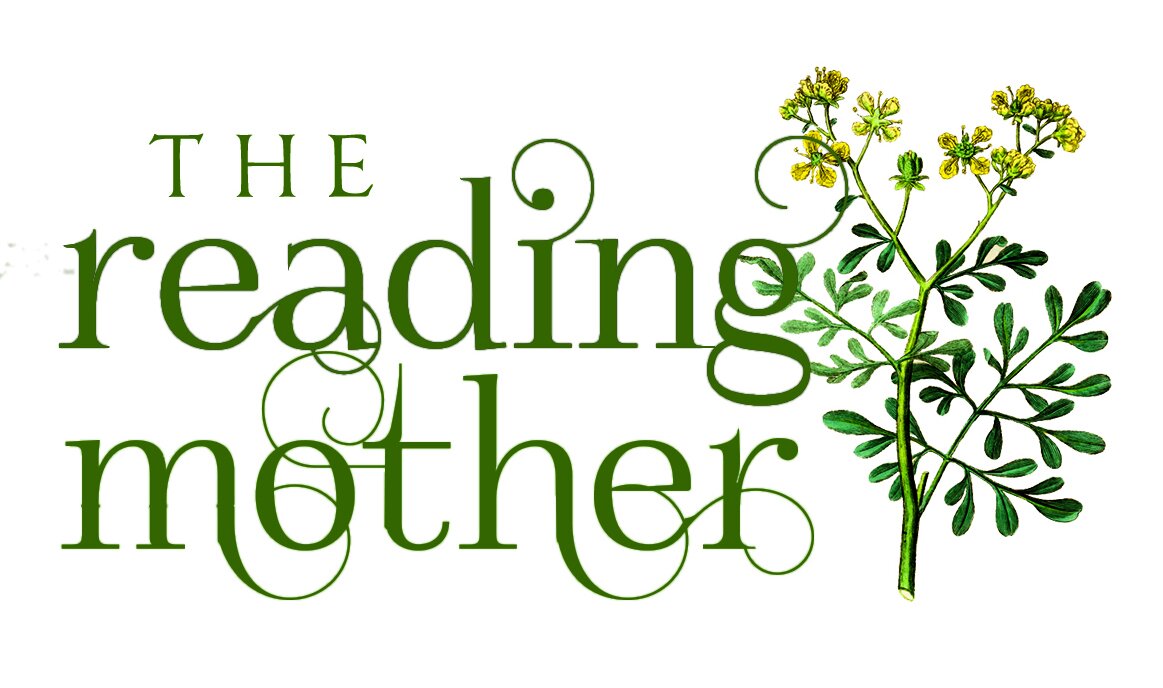Mr. Boffin's Great Books Course
Charles Dickens' tale of Mr. Boffin and his 'great books course' is a delightful illustration of the fact that Dickens knew his classics well and easily takes his place in the Great Conversation. Here is a short explanation if you have not read Our Mutual Friend: Mr. Boffin is man of humble origin who has come into a fortune, and longs to set right the deficits in his education. So he seeks out a literary man (nefarious Mr. Wegg), and they embark on a program of reading aloud the classics, beginning with The Decline and Fall of the Roman Empire . . .
The Roman Empire having worked out its destruction, Mr. Boffin next appeared in a cab with Rollin’s Ancient History, which valuable work being found to possess lethargic properties, broke down at about the period when the whole of the army of Alexander the Macedonian (at that time about forty thousand strong) burst into tears simultaneously on his being taken with a shivering fit after bathing. The Wars of the Jews likewise languishing under Mr. Wegg’s generalship, Mr. Boffin arrived in another cab with Plutarch: whose Lives he found in the sequel extremely entertaining, though he hoped Plutarch might not expect him to believe them all. What to believe, in the course of his reading, was Mr. Boffin’s chief literary difficulty indeed; for some time he was divided in his mind between half, all, or none; at length, when he decided, as a moderate man, to compound with half, the question still remained, which half? And that stumbling-block he never got over. ~ Charles Dickens, Our Mutual Friend
Note the brilliant use of the figure of personification, along with a bit of alliteration. Could anyone not delight in Charles Dickens' wordsmithery?

